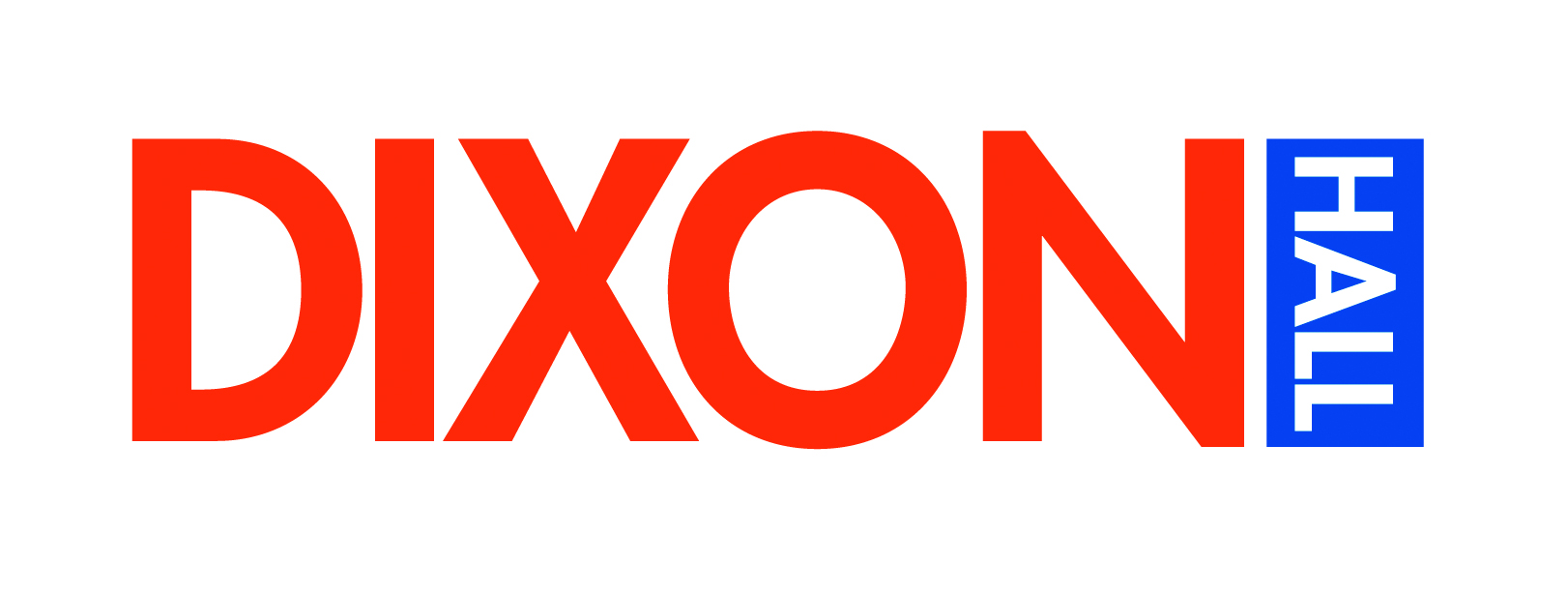
September 18, 2018
Addressing digital literacy gaps through short-term training interventions
Rapid changes to the nature of work driven by technological advances and the way we communicate have caused major changes in the labour market. More and more people are forced to participate in the ‘gig economy’, and work a variety of part-time jobs that lack stability and benefits like medical coverage and vacation time. Progress in artificial intelligence and automation threatens to replace many unskilled and customer service jobs. All these changes make it more challenging than ever for people to find quality employment.
Finding a job is getting harder, and the expectations from potential employers are also rising. Job seekers are now expected to have a blend of interpersonal and technical skills. If they don’t have these skill sets, job seekers risk being pushed out of the labour market entirely. Digital literacy is now considered a basic skill, necessary to find and keep a job. In addition, soft skills, like being a team player and working in a diverse environment are essential to be successful in a modern workplace.
At Dixon Hall Employment Services, we are responding to the changing labour market by bundling technical and soft skills training to individuals with lower levels of digital literacy. We do this through highly focused, short-term learning opportunities that can be parlayed into employment. Our Literacy and Basic Skills (LBS) program teaches computer and internet skills to our learners, building on their strengths while addressing skill gaps, ultimately giving learners the tools they need to find and maintain employment.
As those with lower-skilled/routine jobs are pushed out of the job market, programs like LBS are essential as they teach the skills required to function in a digital world. The integration of the LBS program and Dixon Hall Employment Services connects LBS learners to one-on-one supports offered by our employment advisers and job developers who facilitate the transition from learning to employment.
We’ve also introduced short-term interventions such as our 5-day Hospitality Boot Camp. This boot camp teaches basic literacy and numeracy skills within the context of the food and beverage sector. Individuals who complete the hospitality boot camp earn certificates needed to work in the sector, and the Employment Services team guides graduates towards opportunities in the field. Soft skills are taught through interactive workshops. The mix of short-term intensive training with technical and soft-skills training including industry recognized certificates combined with the support of a larger employment services eco-system can result in smoother connections to the labour market.
As Dixon Hall Employment Services broadens our offerings, we will offer more industry-focused approaches to teaching digital literacy. By doing this, we hope to teach learners in-demand skills within growing industries, for the best results in finding and maintaining quality employment.
Haris Blentic, Director, Dixon Hall Employment Services
Haris has been with Dixon Hall for 7 years. Prior to joining the Dixon Hall team, he worked as an Electrical Engineer, with significant experience in the software industry. After pursuing his MBA at the University of Toronto through the Rotman School of Business Management, he transitioned to a career in business design. Next, he contributed to an Entrepreneurship program for at-risk youth with Dixon Hall. In his role, he focuses on supporting job seekers in Regent Park while relationship building with funders and business partners in the private sector to address their HR needs.


